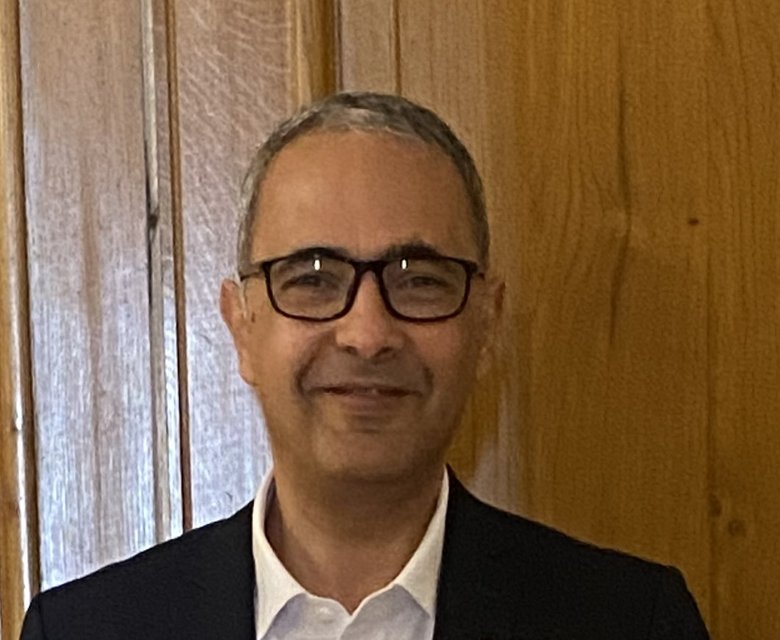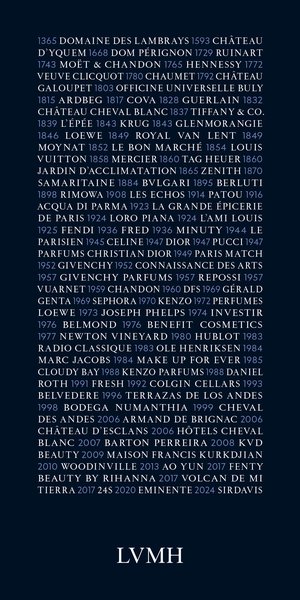
Isabelle Lasserre — Why are there no more great statesmen at the head of states?
Kamel Daoud — A very good question! I think there's a crisis in the institutions that produce leaders, such as Sciences Po, the grandes écoles or even the army. These institutions are facing competition from communications platforms beyond our control - social networks - which are capable of bringing about immediate political change. We've changed the way we communicate, and therefore the way we influence.
I. L. — You don't believe that an outstanding personality might emerge, someone capable of raising a country up?
K. D. — The myth of the savior is a constant in human history. The myth of France is de Gaulle. The myth of Algeria is the conviction that you have to win wars to be legitimate. America's great nightmare, on the other hand, is to repeat the Civil War. We hope for a strong leader who embodies certain values, but what we feel today is the anguish of scribes when the printing press was invented. We hold on to our values, but we're being pushed aside by people who have no equivalent values to put forward, but who are listened to - the best example being fashion influencers. Today, there are people who influence the majority without possessing either political rationality or any kind of civilized, rational discourse. Opposing them are people who possess these values, but who have no means of action, and no influence, and who dream of a world where influencers are intelligent.
I. L. — Generally speaking, don't you find that democracies are too accommodating toward authoritarian regimes? Is it because they prefer stability to justice?
K. D. — Examining Algerian history, I have unfortunately come to the conclusion that, given a choice between security, meaning stability, and democracy, meaning freedom, stability always wins. We live in a time when people applaud a form of supposedly enlightened authoritarianism. This is happening even in the United States. Democracies are systems that don't know how to defend themselves, because their values are both their strength and their weakness. They need a stable environment. Look at what has happened in the Middle East in the space of twenty years. We've gone from Iraq, where the West thought it could export democracy, to Syria, where everyone's coming to terms with the arrival of an Islamist regime. As extraordinary as it seems, the West has abandoned its mission. We've abandoned the dream of universalist democracy, we've given up on the model, and we’ve also abandoned the desire to propose it to others. Instead, we're content to fall back into a kind of fuzzy area by asserting that democracy is after all more a cultural value than a historical one. The case of Syria is particularly striking. Who has spoken out or protested against the Islamist takeover? No prominent voice has challenged the new order. This amounts to the admission that the West has accepted the failure of its universal model. It …
This website is freely accessible. To continue reading, you need to register an account.
I already have an account
I create my account
This will be your personal account where you could consult anytime :
- Order history
- Links to purchased magazines, articles, or interviews
- Personal informations













